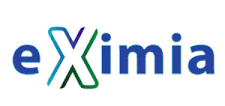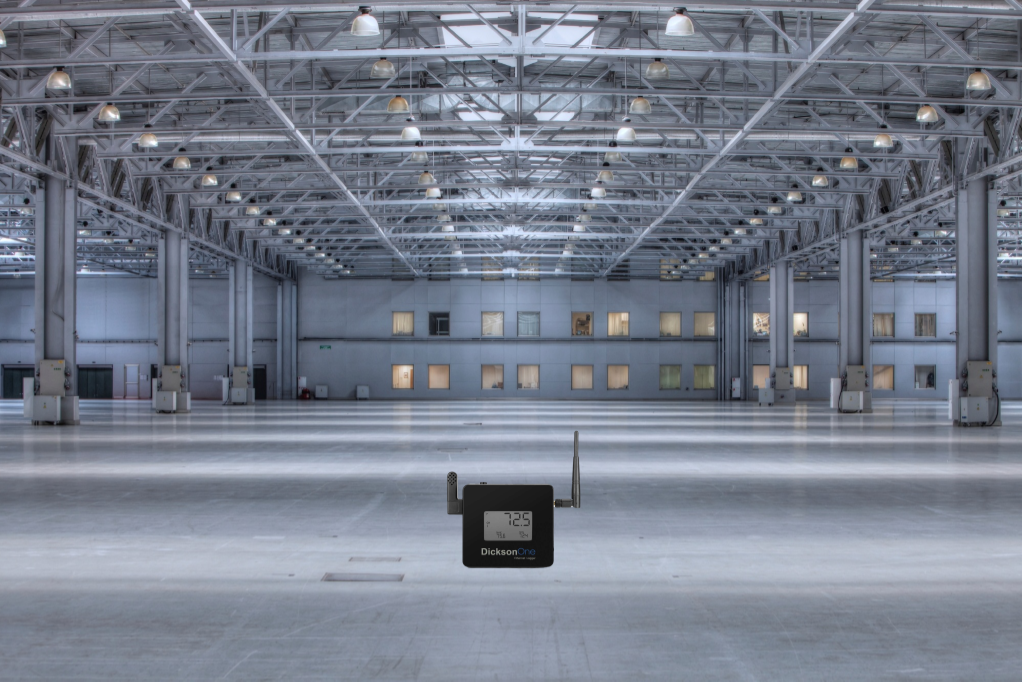As Saudi Arabia’s logistics and supply chain infrastructure continues to expand—particularly in major hubs like Dammam—the need for precise temperature control has never been more critical. Whether it’s pharmaceuticals, perishable food, or industrial chemicals, maintaining stable temperature conditions throughout storage and transport ensures product quality, compliance, and customer trust.
This is where Temperature Mapping Studies play a vital role. They help logistics facilities understand how temperature behaves in their storage environments, identify hotspots or cold zones, and optimize cooling systems to maintain uniformity. At Eximia360, we specialize in Temperature Mapping Studies across Saudi Arabia, including Jeddah, Dammam, and Riyadh, ensuring our clients meet international compliance standards.
To learn more, visit www.Eximia360.com.
Let’s explore the 7 essential metrics that logistics operators in Dammam must monitor for accurate and effective Temperature Mapping.

1. Temperature Distribution
The foundation of any Temperature Mapping Study is understanding temperature distribution throughout a space—be it a warehouse, cold room, or refrigerated truck. Sensors are strategically placed to capture temperature variations at different heights, corners, and storage zones.
At Eximia360, our experts deploy calibrated sensors in a grid pattern to detect even the smallest inconsistencies, ensuring complete visibility into how air flows and where thermal imbalances may occur.
2. Time-Temperature Stability
It’s not just about achieving the right temperature—it’s about maintaining it consistently. A well-executed Temperature Mapping Study measures how temperatures fluctuate over time, including during loading, unloading, and operational cycles.
Tracking this metric helps logistics hubs in Dammam evaluate whether their cooling systems can sustain the required temperature ranges during real-world conditions, especially in the city’s hot and humid climate.
3. Relative Humidity
While temperature control is key, humidity also plays a significant role in preserving sensitive cargo, especially pharmaceuticals and fresh produce.
Eximia360’s Temperature Mapping Studies include monitoring relative humidity (RH) to ensure that both temperature and moisture levels remain within acceptable limits—preventing spoilage, condensation, or product degradation.
4. Sensor Calibration and Accuracy
Accurate data depends on properly calibrated sensors. During every Temperature Mapping Study, our engineers at Eximia360 use sensors that are pre-calibrated to international standards and verified with certification.
This ensures data integrity, traceability, and compliance with GDP (Good Distribution Practice) and ISO requirements—critical for logistics operators handling temperature-sensitive cargo in Dammam.
5. Airflow Patterns
Even the most advanced cooling systems can fail if airflow is obstructed.
By tracking airflow patterns during a Temperature Mapping Study, our team identifies areas with stagnant air or insufficient circulation that could cause temperature deviations.
In Dammam’s coastal warehouses, where heat and humidity interact with insulation and loading activities, this step ensures consistent cooling across all cargo zones.
6. Equipment Performance Data
During the mapping process, refrigeration unit performance is monitored to detect how well the system responds to environmental changes.
Metrics such as compressor cycling frequency, energy consumption, and recovery time after door openings reveal the efficiency and reliability of the cooling equipment.
Eximia360 incorporates this data into its Temperature Mapping Study reports to help clients optimize maintenance schedules and reduce operational costs.
7. Compliance and Validation Records
The final—and arguably most important—metric is documentation and compliance validation.
Every Temperature Mapping Study must result in a detailed report showing the setup, test results, deviations, corrective actions, and verification that the system meets regulatory standards (such as SFDA and WHO guidelines).
At Eximia360, we provide a complete validation package, including Installation Qualification (IQ), Operational Qualification (OQ), and Performance Qualification (PQ) reports, ensuring full transparency and audit readiness for all clients across Saudi Arabia.
Conclusion
Dammam’s position as a critical logistics hub for Saudi Arabia’s Eastern Province makes precision in temperature management an operational necessity.
By tracking these seven key metrics, logistics operators can ensure not only regulatory compliance but also product safety and business reliability.
At Eximia360, we deliver advanced Temperature Mapping Studies designed to optimize temperature control, enhance energy efficiency, and safeguard cargo integrity.
Our services in Jeddah, Dammam, Riyadh, and across Saudi Arabia help businesses stay ahead in a competitive and compliance-driven market.
To discover how our Temperature Mapping solutions can transform your logistics operations, visit www.Eximia360.com — your trusted partner for precision temperature control and validation excellence.













